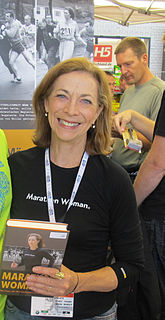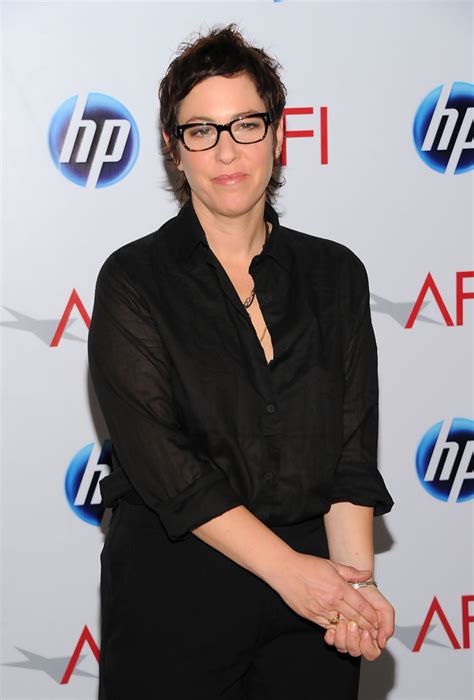A Quote by Gail Collins
Women in America will have to find an answer for the pressures of work and family, but if you really care about women's issues you have to think about women in the world, especially Africa, Asia and the Middle East.
Related Quotes
I think that we don't have, here in the Middle East or in Africa, as much threat to our physical and economic livelihood as women in other parts of the world. But the continuum is the same. The pressures on women to fit into a certain image of a good Muslim girl is the same. The controls and rules are the same, but there are different degrees of it. So, in America, a father will threaten a daughter that he will disown her if she marries the American boyfriend and in Pakistan she faces acid thrown on her face. The power dynamic is the same, it just expresses itself differently.
At the beginning of my career, a more senior photographer told me to shoot stories on women and I didn't want to. But I spent two and a half years in India and chose to do stories about women because I was shocked by their treatment. My stories in the Middle East and on the border of Europe and Asia were a response to my time in India. They weren't driven by a feminist idea but when you're moved by women's issues in these countries you can't help becoming a feminist somehow.
There may be countries [where] there's no gender inequality in schooling, even in higher education, but [where there is] gender inequality in high business. Japan is a very good example of that. You might find cases in the United States where at one level women's equality has progressed tremendously. You don't have the kind of problem of higher women's mortality as you see in South Asia, North Africa, and East Asia, China, too, and yet for American women there are some fields in which equality hasn't yet come.
The truth is even though we sort of feel like we have equal rights in America, right under the surface we have huge issues at play that really do affect women. It's time for all the women in America and all the women that love women and all the gay people and the people of color that we've all fought for to fight for us now.
When I got the women's marathon into the Olympics and we had races all over the world I thought, 'That's great, now we're heading towards total equality.' Then you see that there are women who are still not allowed to drive, get an education, or travel unless they have a male companion or can't carry their passport. There are those who are mired with incredible poverty in North Africa, the mid-east, South East Asia and there's a ridiculous amount of human trafficking.
I understand that I have many, many friends who are women who understand Planned Parenthood better than you or I will ever understand it. And they do some very good work. Cervical cancer, lots of women's issues, women's health issues are taken care of. I know one of the candidates, I won't mention names, said, "We're not going to spend that kind of money on women's health issues." I am. Planned Parenthood does a really good job at a lot of different areas. But not on abortion. So I'm not going to fund it if it's doing the abortion.
The feminist movement is not about success for women. It is about treating women as victims and about telling women that you can't succeed because society is unfair to you, and I think that's a very unfortunate idea to put in the minds of young women because I believe women can do whatever they want.
I really don't see any men sitting in the corner office plotting to keep women out. All the men I know are actively trying to promote women, to get more women involved. These men have wives they care about; they have daughters they desperately care about. So I don't think it's fair to blame men - or I don't think it's accurate to blame men anymore.

































